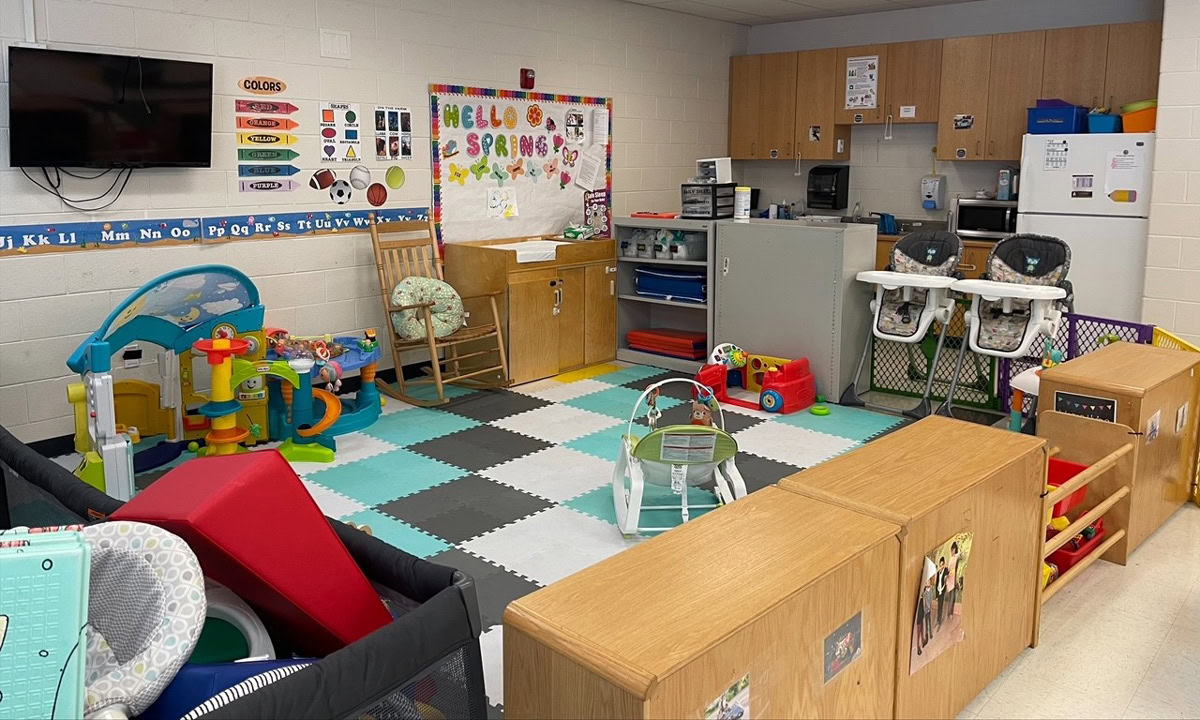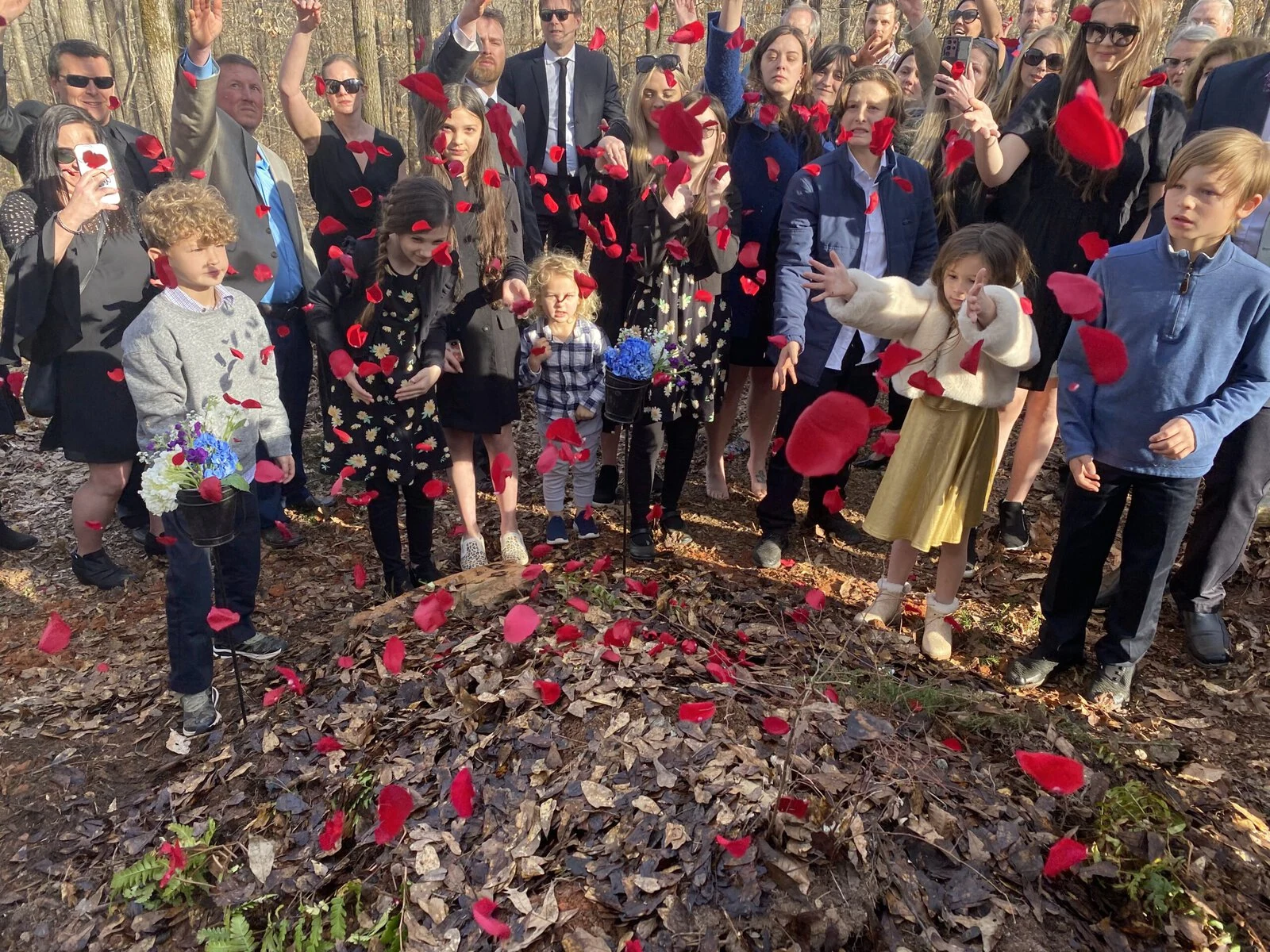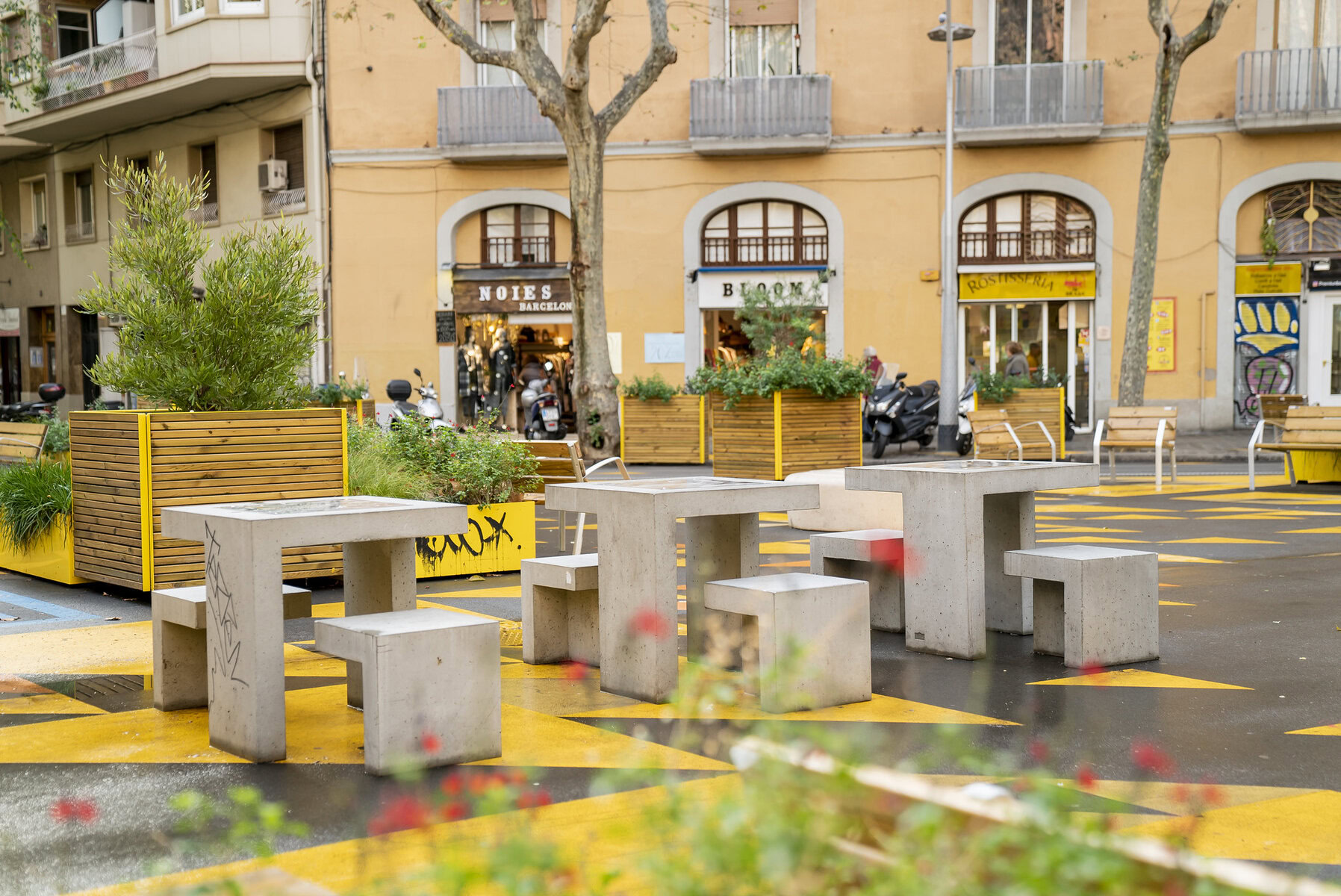Culture of health
For years, Suzi Zumpe has been training singers at London’s Royal Academy of Music — in person before the pandemic, and via Zoom ever since. Now, she’s teaching another group how to belt out flawless arias: former Covid patients whose doctors have prescribed singing as part of their recoveries.
E.N.O. Breathe was developed by the English National Opera in collaboration with a London hospital. It’s a six-week program in which professional singing tutors turn lung recovery exercises into vocal training regimens. Doctors can prescribe the program to their “long Covid cases” — patients whose recoveries take weeks or even months. By singing it out, patients can accelerate their recuperation from chest pains, fatigue and breathlessness.
Currently expanding, the program’s goal is to assist 1,000 people. “Opera is rooted in breath,” the leader of the opera’s outreach told the New York Times. “That’s our expertise.”
Read more at the New York Times
Trashy novels
In a former factory building at the sanitation department in Ankara, Turkey, locals stream in every day looking for just the right book to check out. The space, which was vacant until a few years ago, is now a library filled with thousands of books — all of them rescued from the trash by the city’s sanitation workers.
It all started when employee Durson Ipek found a bag filled with discarded books on his route. He salvaged it from the garbage, and soon his colleagues were doing the same. They put the books on shelves in the unused building at work and invited their families and friends to use the space as a library. In December 2017, they opened it up to the public.
Garbage collectors in Ankara open a library with books rescued from the trash. "The only regret the men have, is that they didn't start collecting sooner."https://t.co/wWpWAeFA2H pic.twitter.com/hDNEUhuMNt
— Caroline de Gruyter (@CarolineGruyter) February 19, 2021
Today, the library has 6,000 books, which are loaned two weeks at a time. Titles are sorted by genre like in any other library, with special English, French and children’s sections. The collection has grown so large that the sanitation library has started loaning collections out to local schools and prisons. “Before, I wished that I had a library in my house,” said one sanitation worker. “Now we have a library here.”
Fine, forget it
A few years ago, Durham, North Carolina discovered something shocking: one in five residents had a suspended drivers license because of unpaid fines or missed court appearances. So in 2018 it launched DEAR, the Durham Expunction and Restoration program, to effectively forgive $2.7 million in fines stemming from around 50,000 traffic violations.
Some of the overdue fines had been lingering since the 1980s. Once they were waived, over 11,000 drivers had their licenses reinstated. The goal was to address a hidden inequity — like in many cities, drivers license suspensions disproportionately affect people of color in Durham, and can seriously disrupt their lives. “A driver’s license has a direct correlation to people’s ability to get to work or school or just even participate in the economic aspects of their communities,” said Durham’s district attorney. “Criminal justice reform isn’t just about what happens in the courtroom.”










